Florian Willeitner, Ivan Turkalj, Alexander Wienand - What the Fugue (2024) [Hi-Res]
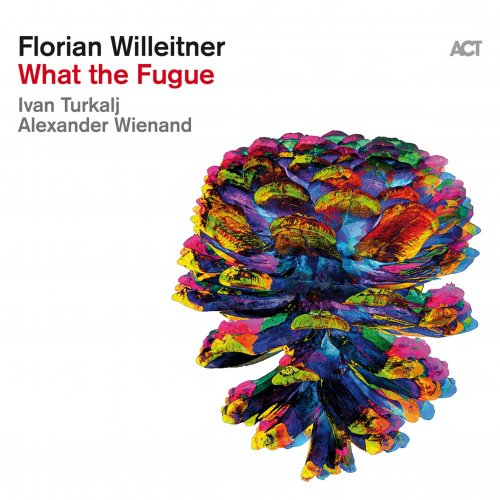
Artist: Florian Willeitner, Ivan Turkalj, Alexander Wienand
Title: What the Fugue
Year Of Release: 2024
Label: ACT Music
Genre: Jazz
Quality: Mp3 320 kbps / FLAC (tracks) / 24bit-96kHz FLAC (tracks+booklet)
Total Time: 51:31
Total Size: 121 / 228 / 884 MB
WebSite: Album Preview
Tracklist:Title: What the Fugue
Year Of Release: 2024
Label: ACT Music
Genre: Jazz
Quality: Mp3 320 kbps / FLAC (tracks) / 24bit-96kHz FLAC (tracks+booklet)
Total Time: 51:31
Total Size: 121 / 228 / 884 MB
WebSite: Album Preview
1. Tigran's Prelude (7:44)
2. Abde(l) (7:24)
3. Fuga in Odd (4:34)
4. Dimensions - Präludium (2:55)
5. Dimensions - Interludium (1:33)
6. Dimensions - Centrum (1:00)
7. Dimensions - Fuga (4:22)
8. Dimensions - Postludium (2:21)
9. JSB on LSD (4:20)
10. Hidden Prelude (1:45)
11. Fuge in E (3:14)
12. Sergeys Zwinkern - Präludium (2:55)
13. Sergeys Zwinkern - Fuge (7:31)
The art of the Fugue, re-imagined
Florian Willeitner / violin
Ivan Turkalj / violoncello
Alexander Wienand / piano
Cover art by Stefano Zardini “The Sparkling Alps Icons”
Now here’s a challenge: to take the fugue, possibly the most complex compositional procedure in Western classical music, and to transform it to reflect the modern age. The ‘New Piano Trio’ - violinist Florian Willeitner, cellist Ivan Turkalj and pianist Alexander Wienand – has taken this task to heart. Rather than being in any way daunted by the towering achievements of the baroque period, these three classically trained and extremely open-minded musicians have risen to the occasion, and achieved a fine balance between the rigour of the art of fugue and the freedom of jazz in their album ‘What the Fugue’.
Florian Willeitner, the violinist who is the principal composer and organiser behind the project, combines the streams of classical music and jazz, both of which run deep in him, in a unique way. This phenomenally talented and multifaceted musician was born in Passau – a city where major rivers converge – in 1991. He began improvising and writing his own music at an early age. Since his youth, he has been fascinated by music from all over the world. His peregrinations with a rucksack and a violin have taken him to Ireland, Spain, Bulgaria, Cuba and Brazil...where he has expanded his horizons by forging links with local musicians. He later studied classical violin at the Salzburg Mozarteum, founded the ‘New Piano Trio’ and became first violinist of the renowned ‘vision string quartet’. In 2021, his first ACT release ‘First Strings On Mars’ was released - for Jan Brachmann, one of Germany's most important classical music journalists, an ‘album to refresh both the heart and the mind.’
Florian Willeitner says of the background to his new project ‘What The Fugue’: ‘The fugue, the supreme discipline of the Baroque era, has fascinated me for decades. My studies of the counterpoint of both Bach and Shostakovich provided me with one important source, but there was another: I was equally captivated by West African groove music. It inspired my to involve its highly complex interplay of many layers and the harmonious intertwining of several equal voices.’ Developing an entire programme based on this fascination for music with multilayered interlocking rhythms and melodies was a long-cherished wish for Willeitner. However, it wasn’t until the pandemic in 2020 that he actually found the time needed to immerse himself fully and properly in it.
Drawing inspiration from diverse musical traditions, he carefully set about the task of crafting compositions based on four distinct “keys”, each representing a unique musical language. The key “Orient” is influenced by the vibrant colours and rhythmic ideas of Middle Eastern music, and in particular one of Willeitner’s greatest musical heroes, Tigran Hamasyan. In “Dimensions,” he delved into the exuberant understanding of harmony of Jacob Collier. The key “Bach,” though not an attempt to mimic Bach’s tonal language, pays tribute to his preludes from the Well-Tempered Clavier. And lastly, “The Twinkle” sought to capture the mischievous spirit of Sergei Prokofiev, a favourite composer, infusing the compositions with his playful energy and wit.
‘What The Fugue’ has captured some of the typical and exciting traits of current jazz artists and that is what makes this music both appealing and so substantial, interesting and eventful: outstanding musical skills from all the players, a spirit of inquisitiveness and openness, a broad musical horizon across styles, eras and borders. And, above all, the will and the imagination to use all of these ingredients to create new, fresh and unexpected music.
Florian Willeitner / violin
Ivan Turkalj / violoncello
Alexander Wienand / piano
Cover art by Stefano Zardini “The Sparkling Alps Icons”
Now here’s a challenge: to take the fugue, possibly the most complex compositional procedure in Western classical music, and to transform it to reflect the modern age. The ‘New Piano Trio’ - violinist Florian Willeitner, cellist Ivan Turkalj and pianist Alexander Wienand – has taken this task to heart. Rather than being in any way daunted by the towering achievements of the baroque period, these three classically trained and extremely open-minded musicians have risen to the occasion, and achieved a fine balance between the rigour of the art of fugue and the freedom of jazz in their album ‘What the Fugue’.
Florian Willeitner, the violinist who is the principal composer and organiser behind the project, combines the streams of classical music and jazz, both of which run deep in him, in a unique way. This phenomenally talented and multifaceted musician was born in Passau – a city where major rivers converge – in 1991. He began improvising and writing his own music at an early age. Since his youth, he has been fascinated by music from all over the world. His peregrinations with a rucksack and a violin have taken him to Ireland, Spain, Bulgaria, Cuba and Brazil...where he has expanded his horizons by forging links with local musicians. He later studied classical violin at the Salzburg Mozarteum, founded the ‘New Piano Trio’ and became first violinist of the renowned ‘vision string quartet’. In 2021, his first ACT release ‘First Strings On Mars’ was released - for Jan Brachmann, one of Germany's most important classical music journalists, an ‘album to refresh both the heart and the mind.’
Florian Willeitner says of the background to his new project ‘What The Fugue’: ‘The fugue, the supreme discipline of the Baroque era, has fascinated me for decades. My studies of the counterpoint of both Bach and Shostakovich provided me with one important source, but there was another: I was equally captivated by West African groove music. It inspired my to involve its highly complex interplay of many layers and the harmonious intertwining of several equal voices.’ Developing an entire programme based on this fascination for music with multilayered interlocking rhythms and melodies was a long-cherished wish for Willeitner. However, it wasn’t until the pandemic in 2020 that he actually found the time needed to immerse himself fully and properly in it.
Drawing inspiration from diverse musical traditions, he carefully set about the task of crafting compositions based on four distinct “keys”, each representing a unique musical language. The key “Orient” is influenced by the vibrant colours and rhythmic ideas of Middle Eastern music, and in particular one of Willeitner’s greatest musical heroes, Tigran Hamasyan. In “Dimensions,” he delved into the exuberant understanding of harmony of Jacob Collier. The key “Bach,” though not an attempt to mimic Bach’s tonal language, pays tribute to his preludes from the Well-Tempered Clavier. And lastly, “The Twinkle” sought to capture the mischievous spirit of Sergei Prokofiev, a favourite composer, infusing the compositions with his playful energy and wit.
‘What The Fugue’ has captured some of the typical and exciting traits of current jazz artists and that is what makes this music both appealing and so substantial, interesting and eventful: outstanding musical skills from all the players, a spirit of inquisitiveness and openness, a broad musical horizon across styles, eras and borders. And, above all, the will and the imagination to use all of these ingredients to create new, fresh and unexpected music.
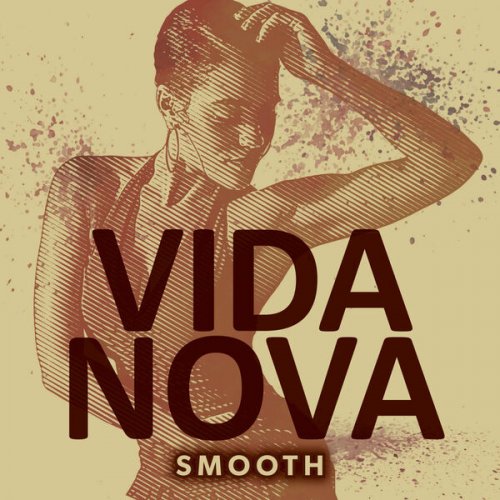
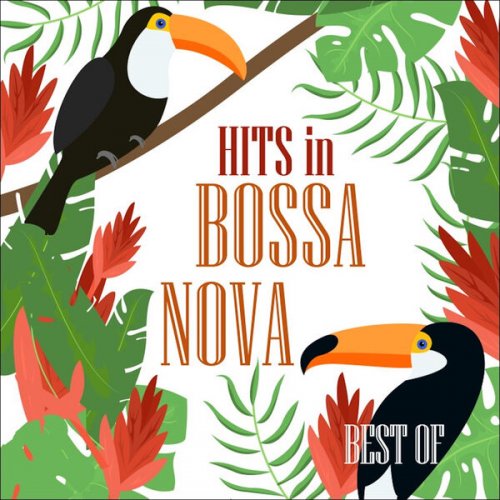

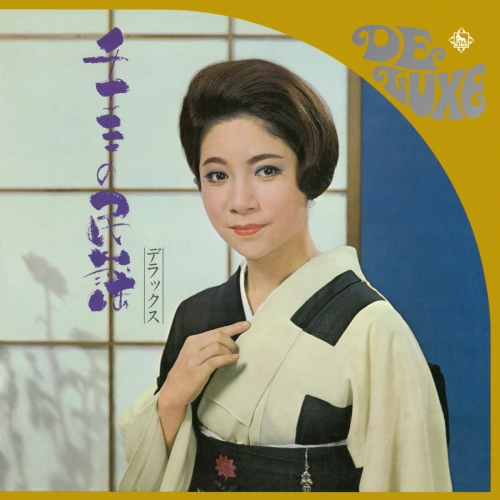
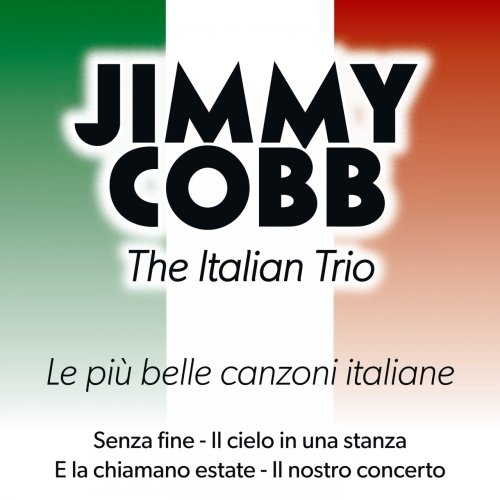
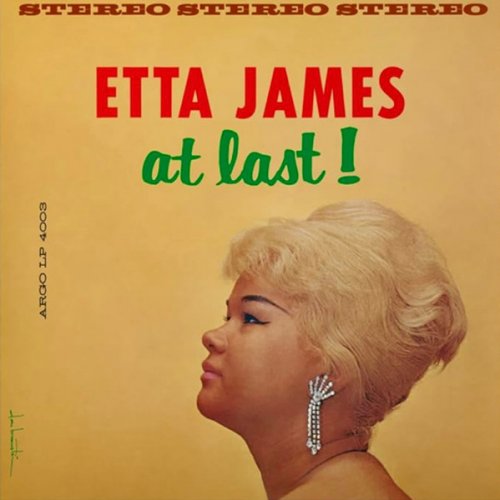
![Various Artists - Lost Tracks: Accra to Addis (2026) [Hi-Res] Various Artists - Lost Tracks: Accra to Addis (2026) [Hi-Res]](https://img.israbox.com/img/2026-02/26/lqvyrzr9f9yed5j0r3zv7c1r6.jpg)
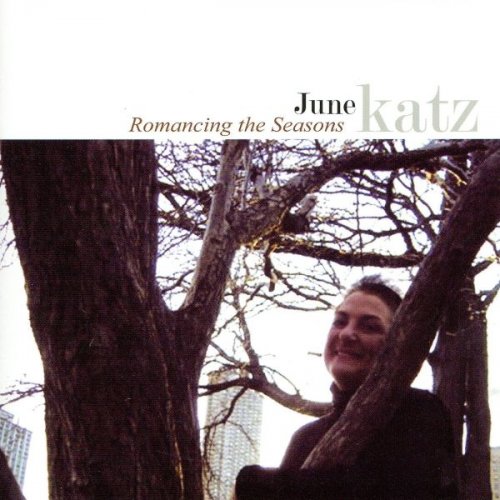
![Dave Stapleton - Quiet Fire (2026) [Hi-Res] Dave Stapleton - Quiet Fire (2026) [Hi-Res]](https://www.dibpic.com/uploads/posts/2026-02/1772036051_v5l0f2qh1r2cb_600.jpg)